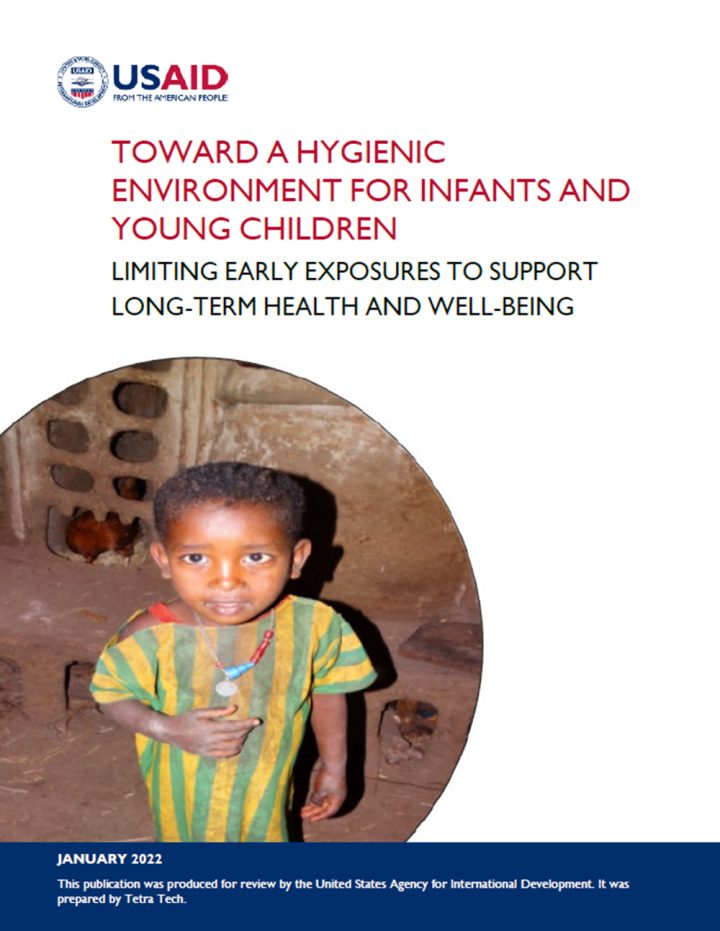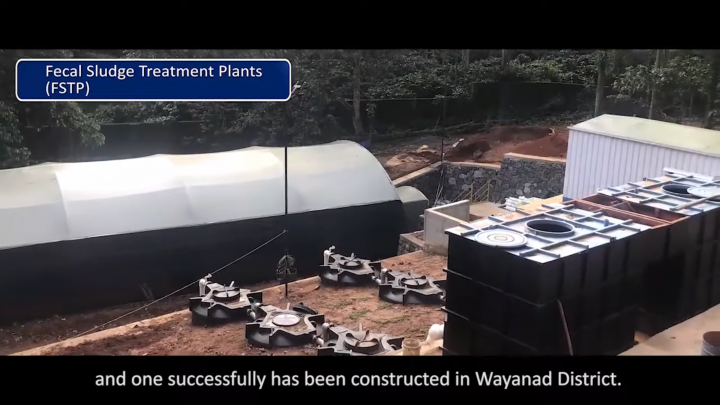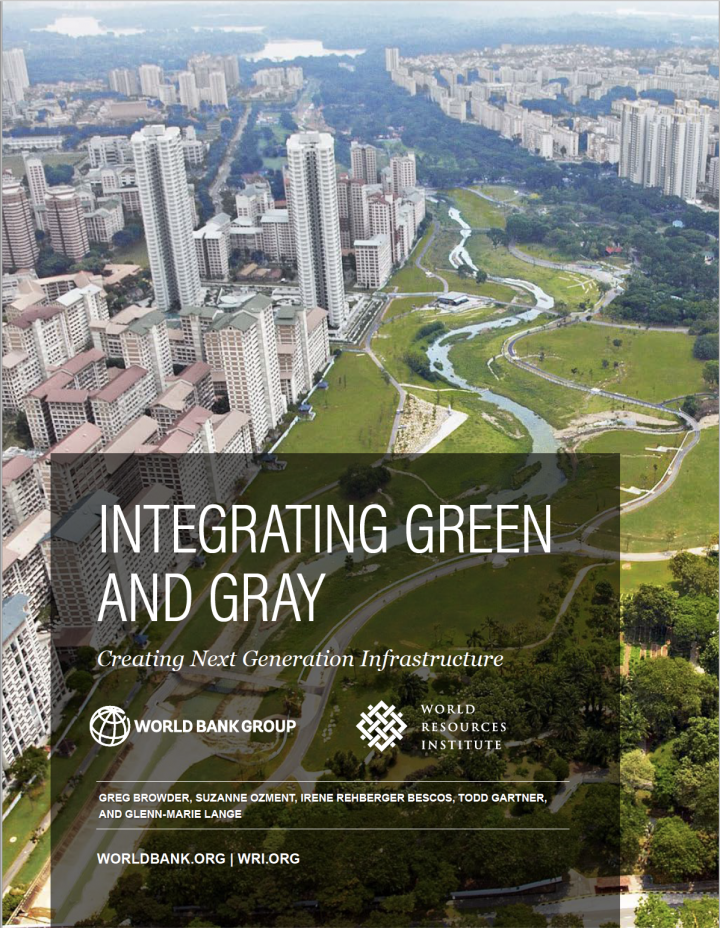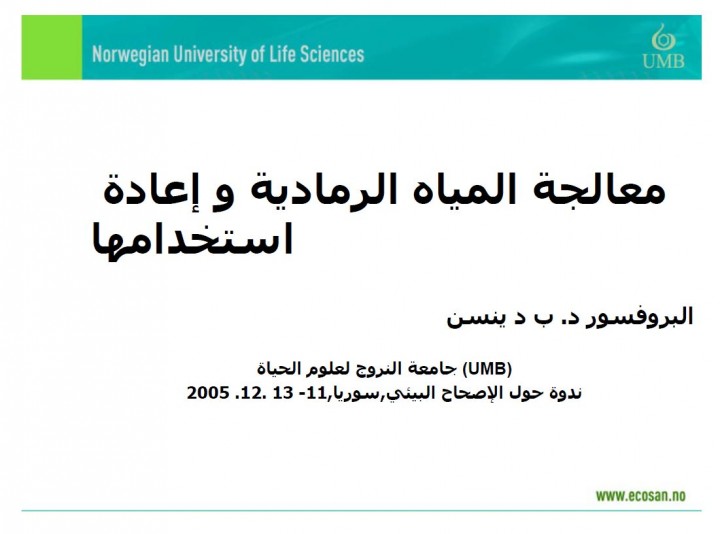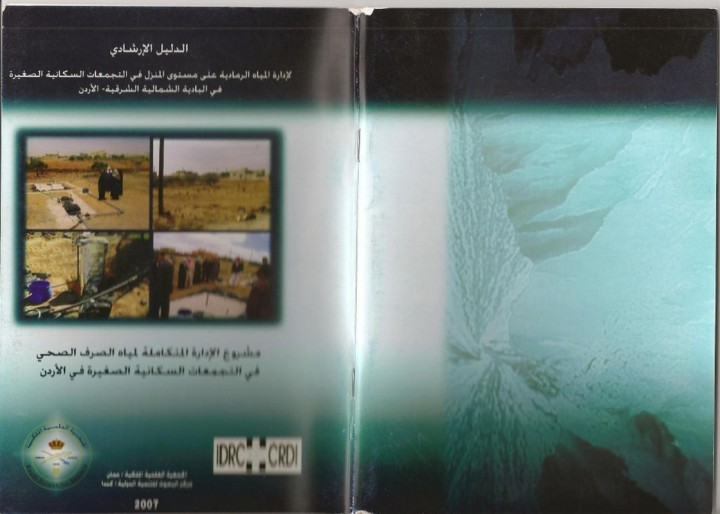USAID (2022) Toward a hygienic environment for infants and young children Limiting early exposures to support long-term health and well-being
Direct ingestion of animal and human feces in soil as well as exploratory mouthing by infants and young children remain underemphasized pathways of fecal pathogen exposure impacting child health and growth, as highlighted in the 2018 Water, Sanitation, and Hygiene Partnerships and Learning for Sustainability Program (WASHPaLS) desk review, “Toward a Hygienic Environment for Infants and Young Children.” For decades the seminal “F-diagram” has been used […]
TBF Environmental Consultants and UNICEF (2019) Using Vermifiltration for Faecal Sludge Management
The Government of Kerala became open defecation free in 2016, allowing it to tackle the next challenge on the sanitation cycle - Faecal Sludge management. With funding support and supervision from UNICEF, and technical implementation by PriMove and TBF Environmental Solutions, Wayanad district constructed a Faecal Sludge Treatment Plant (FSTP) that uses earthworms to filter through the waste and produce safe compost and […]
Browder, G., Ozment, S., Rehberger Bescos, I., Gartner, T., Lange, G.-M. (2019) Integrating Green and Gray Creating Next Generation Infrastructure
A new generation of infrastructure projects that harness the power of nature can help achieve development goals, including water security and climate resilience. In this report from the World Bank and World Resources Institute, both organizations are calling for green infrastructure, such as mangroves and wetlands, to play a bigger role in traditional infrastructure planning. Integrating nature into mainstream infrastructure systems can produce lower cost […]
Jensen, P. (2005) Gray water treatment and reuse (in Arabic)
